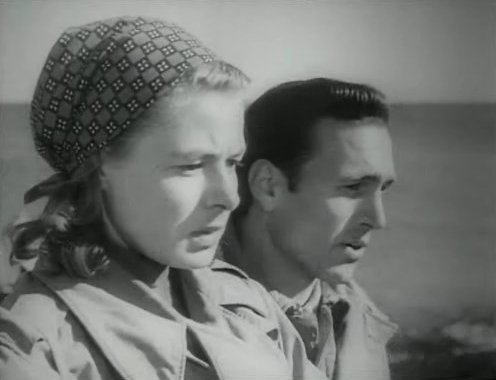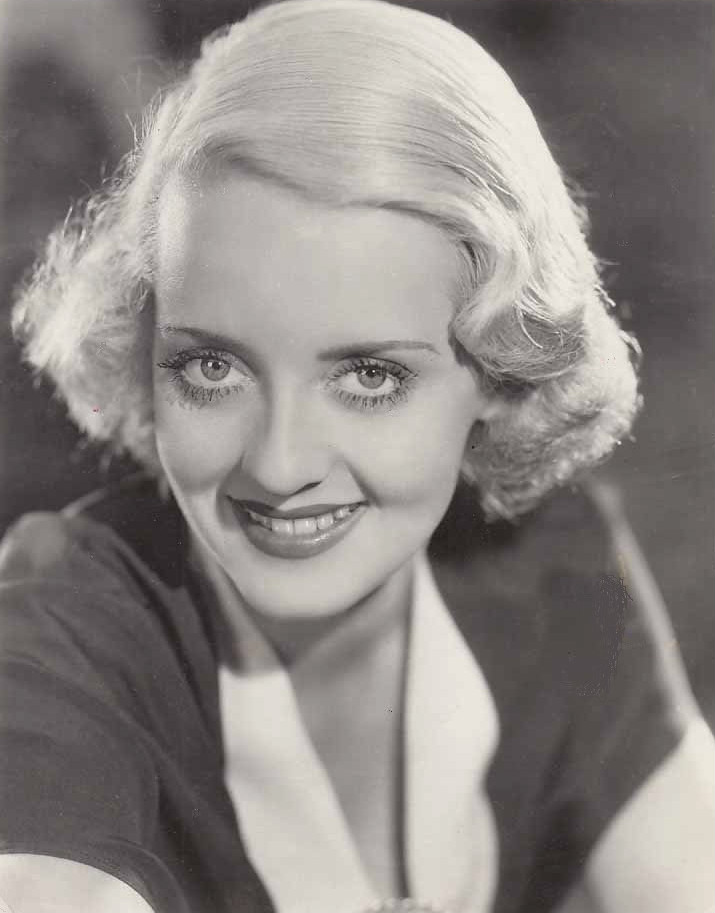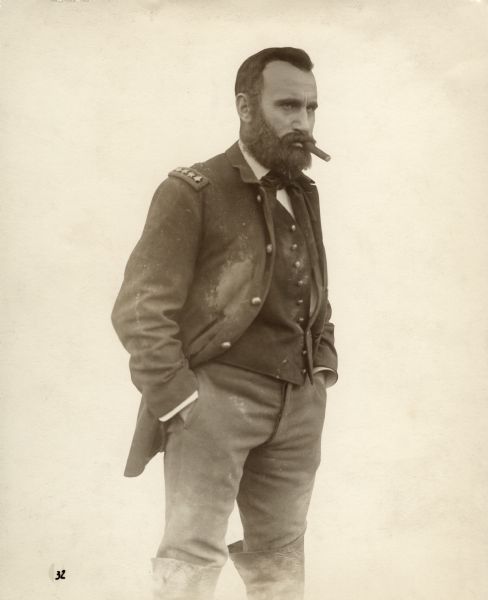|
National Board Of Review Awards 1941
13th National Board of Review Awards December 20, 1941 The 13th National Board of Review Awards were given on 20 December 1941. Best American Films #''Citizen Kane'' #''How Green Was My Valley'' #'' The Little Foxes'' #''The Stars Look Down'' #'' Dumbo'' #'' High Sierra'' #''Here Comes Mr. Jordan'' #''Tom, Dick and Harry'' #''Road to Zanzibar'' #'' The Lady Eve'' Winners *Best Documentary: ''Target for Tonight'' *Best Foreign Film: ''Pépé le Moko'' (1937), France *Best Picture: ''Citizen Kane'' *Best Acting: ** Sara Allgood - ''How Green Was My Valley'' ** Mary Astor - '' The Great Lie'' and '' The Maltese Falcon'' **Ingrid Bergman - '' Rage in Heaven'' **Humphrey Bogart - '' High Sierra'' and '' The Maltese Falcon'' ** Patricia Collinge - '' The Little Foxes'' ** Gary Cooper - ''Sergeant York'' ** George Coulouris - ''Citizen Kane'' ** Donald Crisp - ''How Green Was My Valley'' **Bing Crosby - ''Road to Zanzibar'' and ''Birth of the Blues'' ** Bette Davis - '' The Little Fo ... [...More Info...] [...Related Items...] OR: [Wikipedia] [Google] [Baidu] |
Ingrid Bergman
Ingrid Bergman (29 August 191529 August 1982) was a Swedish actress who starred in a variety of European and American films, television movies, and plays.Obituary ''Variety'', 1 September 1982. With a career spanning five decades, she is often regarded as one of the most influential screen figures in cinematic history. According to the ''St. James Encyclopedia of Popular Culture'', upon her arrival in the U.S. Bergman quickly became "the ideal of American womanhood" and a contender for Hollywood's greatest leading actress. David O. Selznick once called her "the most completely conscientious actress" he had ever worked with. In 1999, the American Film Institute recognised Bergman as the fourth greatest female screen legend of Classic Hollywood Cinema. She won numerous accolades, including three Academy Awards, two Primetime Emmy Awards, a Tony Award, four Golden Globe Awards, BAFTA Award and a Volpi Cup. She is one of only four actresses to have received at least three ... [...More Info...] [...Related Items...] OR: [Wikipedia] [Google] [Baidu] |
Joan Fontaine
Joan de Beauvoir de Havilland (October 22, 1917 – December 15, 2013), known professionally as Joan Fontaine, was a British-American actress who is best known for her starring roles in Hollywood films during the "Golden Age". Fontaine appeared in more than 45 films in a career that spanned five decades. She was the younger sister of actress Olivia de Havilland. Their rivalry was well-documented in the media at the height of Fontaine's career. She began her film career in 1935, signing a contract with RKO Pictures. Fontaine received her first major role in ''The Man Who Found Himself'' (1937) and in '' Gunga Din'' (1939). Her career prospects improved greatly after her starring role in Alfred Hitchcock's '' Rebecca'' (1940), for which she received her first of three nominations for the Academy Award for Best Actress. The following year, she won that award for her role in Hitchcock's ''Suspicion'' (1941). A third nomination came with '' The Constant Nymph'' (1943). She appeared ... [...More Info...] [...Related Items...] OR: [Wikipedia] [Google] [Baidu] |
Ladies In Retirement
''Ladies in Retirement'' is a 1941 American film noir directed by Charles Vidor and starring Ida Lupino and Louis Hayward, who were married at the time. It is based on a 1940 Broadway play of the same title by Reginald Denham and Edward Percy that starred Flora Robson in the lead role. Plot Ellen Creed, a proud spinster fallen on hard times, has spent the past two years as housekeeper and companion to her old friend Leonora Fiske, a wealthy retiree who in her youth had been a chorus girl "of easy virtue". Ellen receives a letter threatening that unless she can tame her two peculiar sisters, the police will be called and the sisters will be evicted from their lodgings for outlandish behaviour. Leonora allows Ellen to invite her sisters to visit. One day when Ellen is away, handsome young stranger Albert Feather appears, claiming to be Ellen's nephew. Leonora lends him money, but Albert makes her promise not to tell Ellen about either his visit or the loan. Ellen returns with he ... [...More Info...] [...Related Items...] OR: [Wikipedia] [Google] [Baidu] |
Isobel Elsom
Isobel Elsom (born Isabelle Reed; 16 March 1893 – 12 January 1981) was an English film, theatre, and television actress. She was often cast as aristocrats or upper-class women. Early years Born in Chesterton, Cambridge, Chesterton, Cambridge, Elsom attended Howard College, Bedford, England. Career She debuted on stage in London as a member of the chorus of ''The Quaker Girl'' (1911). Gilbert Miller promoted her to stardom in ''The Outsider''. Over the course of three decades, she appeared in 17 Broadway productions, beginning with ''The Ghost Train'' (1926). Her best-known stage role was the wealthy murder victim in ''Ladies in Retirement'' (1939), a role she repeated in the 1941 film version. Her other theatre credits included ''The Innocents (play), The Innocents'' and ''Romeo and Juliet''. Elsom made her first screen appearance during the silent film era (she frequently co-starred with Owen Nares) and appeared in nearly 100 films throughout her career. Elsom appe ... [...More Info...] [...Related Items...] OR: [Wikipedia] [Google] [Baidu] |
Bette Davis
Ruth Elizabeth "Bette" Davis (; April 5, 1908 – October 6, 1989) was an American actress with a career spanning more than 50 years and 100 acting credits. She was noted for playing unsympathetic, sardonic characters, and was famous for her performances in a range of film genres, from contemporary crime melodramas to historical films, suspense horror, and occasional comedies, although her greater successes were in romantic dramas. A recipient of two Academy Awards, she was the first thespian to accrue ten nominations. Bette Davis appeared on Broadway in New York, then the 22-year-old Davis moved to Hollywood in 1930. After some unsuccessful films, she had her critical breakthrough playing a vulgar waitress in ''Of Human Bondage'' (1934) although, contentiously, she was not among the three nominees for the Academy Award for Best Actress that year. The next year, her performance as a down-and-out actress in ''Dangerous'' (1935) did land Davis her first Best Actress nomination, ... [...More Info...] [...Related Items...] OR: [Wikipedia] [Google] [Baidu] |
Birth Of The Blues
''Birth of the Blues'' is a 1941 American musical film directed by Victor Schertzinger and starring Bing Crosby, Mary Martin and Brian Donlevy. The plot loosely follows the origins and breakthrough success of the Original Dixieland Jass Band in New Orleans. It was well-received by critics on its release. It was nominated for an Academy Award for Best Original Score. However, many of the songs, such as St. Louis Blues by W. C. Handy, were not new. Plot Although he is only twelve, Jeff Lambert is a very talented clarinetist, and although the boy's father has spent a small fortune to have Jeff taught the fundamentals of classical clarinet, the lad prefers to spend his time in New Orleans with a group of black jazz men who perform in a dive on Bourbon Street. As the boy grows into manhood, his love for jazz intensifies, and he forms his own group, much to the chagrin of his aging father. Moving ahead, we find Jeff (Crosby) in his late twenties, and he and his boys have been unabl ... [...More Info...] [...Related Items...] OR: [Wikipedia] [Google] [Baidu] |
Bing Crosby
Harry Lillis "Bing" Crosby Jr. (May 3, 1903 – October 14, 1977) was an American singer, musician and actor. The first multimedia star, he was one of the most popular and influential musical artists of the 20th century worldwide. He was a leader in record sales, radio ratings, and motion picture grosses from 1926 to 1977. He made over 70 feature films and recorded more than 1,600 songs. His early career coincided with recording innovations that allowed him to develop an intimate singing style that influenced many male singers who followed, such as Frank Sinatra, Perry Como, Dean Martin, Dick Haymes, Elvis Presley, and John Lennon. ''Yank'' magazine said that he was "the person who had done the most for the morale of overseas servicemen" during World War II. In 1948, American polls declared him the "most admired man alive", ahead of Jackie Robinson and Pope Pius XII. In 1948, ''Music Digest'' estimated that his recordings filled more than half of the 80,000 weekly hou ... [...More Info...] [...Related Items...] OR: [Wikipedia] [Google] [Baidu] |
Donald Crisp
Donald William Crisp (27 July 188225 May 1974) was an English film actor as well as an early producer, director and screenwriter. His career lasted from the early silent film era into the 1960s. He won an Academy Award for Best Supporting Actor in 1942 for his performance in ''How Green Was My Valley''. Early life Donald Crisp was born George William Crisp in Bow, London, in a family home on 27 July 1882. He was the youngest of ten children (four boys and six girls) born to Elizabeth (née Christy) and James Crisp, a labourer. He was educated locally and in 1901 was living with his parents and working as a driver of a horse-drawn vehicle. Crisp made a number of claims about his early life that were eventually proven false decades after his death. He claimed that he was born in 1880 in Aberfeldy in Perthshire, Scotland, and even went so far as to maintain a Scottish accent throughout his life in Hollywood. In fact, he had no connections to Scotland, but in 1996, a plaque comm ... [...More Info...] [...Related Items...] OR: [Wikipedia] [Google] [Baidu] |
George Coulouris
George Alexander Coulouris (1 October 1903 – 25 April 1989) was an English film and stage actor. Early life Coulouris was born in Manchester, Lancashire, England, the son of Abigail (née Redfern) anNicholas Coulouris a merchant of Greek origin. He was brought up both in Manchester and nearby Urmston and was educated at Manchester Grammar School. He attended London's Central School of Speech and Drama, in the company of fellow students Laurence Olivier and Peggy Ashcroft. Early career Coulouris made his stage debut in 1926 with ''Henry V'' at the Old Vic. In 1928 and 1929 he appeared in several productions at the Cambridge Festival Theatre including Eugene O'Niell's ''The Hairy Ape.''. By 1929, he made his first Broadway appearance, followed by his first Hollywood film role in 1933. A major impact on his life was Orson Welles, whom he met in 1936 when they both had roles in the Broadway production of Sidney Kingsley's ''Ten Million Ghosts''. Welles invited Coulouris to ... [...More Info...] [...Related Items...] OR: [Wikipedia] [Google] [Baidu] |
Sergeant York (film)
''Sergeant York'' is a 1941 American biographical film about the life of Alvin C. York, one of the most decorated American soldiers of World War I. Directed by Howard Hawks and starring Gary Cooper in the title role, the film was a critical and commercial success, and became the highest-grossing film of 1941. The film was based on York's diary, as edited by Tom Skeyhill, and adapted by Harry Chandlee, Abem Finkel, John Huston, Howard E. Koch, and Sam Cowan (uncredited). York refused, several times, to authorize a film version of his life story, but finally yielded to persistent efforts to finance the creation of an interdenominational Bible school. The story that York insisted on Cooper for the title role comes from a telegram that producer Jesse L. Lasky wrote to Cooper pleading with him to accept the part, to which he signed York's name. Cooper went on to win the Academy Award for Best Actor for his performance, while the film also won Best Film Editing and was nominate ... [...More Info...] [...Related Items...] OR: [Wikipedia] [Google] [Baidu] |
Gary Cooper
Gary Cooper (born Frank James Cooper; May 7, 1901May 13, 1961) was an American actor known for his strong, quiet screen persona and understated acting style. He won the Academy Award for Best Actor twice and had a further three nominations, as well as an Academy Honorary Award in 1961 for his career achievements. He was one of the top10 film personalities for 23 consecutive years and one of the top money-making stars for 18 years. The American Film Institute (AFI) ranked Cooper at No.11 on its list of the 25 greatest male stars of classic Hollywood cinema. Cooper's career spanned 36 years, from 1925 to 1961, and included leading roles in 84 feature films. He was a major movie star from the end of the silent film era through to the end of the golden age of Classical Hollywood. His screen persona appealed strongly to both men and women, and his range included roles in most major film genres. His ability to project his own personality onto the characters he played contributed ... [...More Info...] [...Related Items...] OR: [Wikipedia] [Google] [Baidu] |

.jpg)




